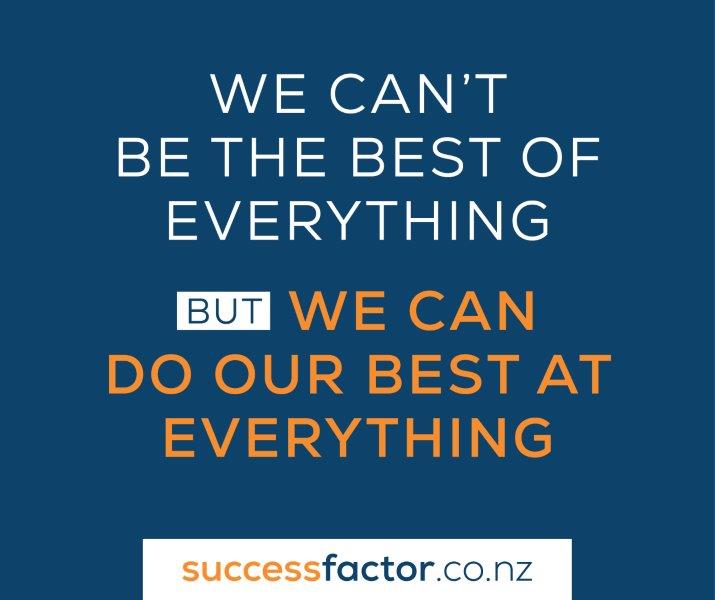How well do you manage Work-Life Balance?

Work-life balance can vary from person to person and can be challenging to achieve, especially in remote or hybrid work settings. Achieving work-life balance is a daily challenge. However, it is achievable if we prioritise our time and set boundaries between work and personal life. According to Mental Health Foundation, work-life balance is a cycle, not an achievement. It is important to recognise that work-life balance is not a one-time goal but an ongoing process, something we must continually strive to achieve. But what is work-life balance? Work-life balance is the balance between our work and personal life. It is important because it can potentially improve your overall well-being, including your physical, emotional, and mental health. There are various ways to improve our work-life balance which we can incorporate into our lives to address our current situation. Some ways we can improve our work-life balance are to set realistic goals









